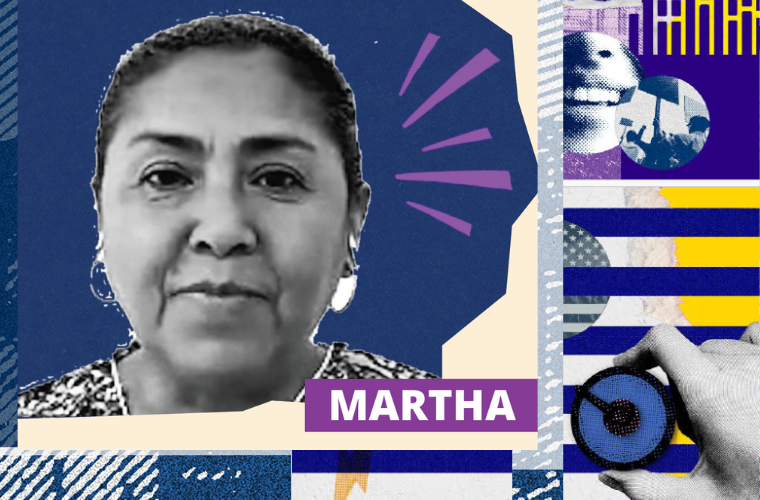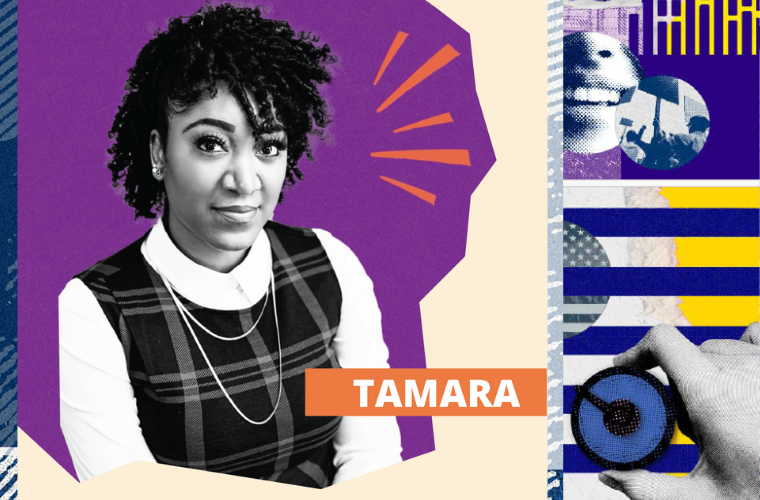

No one was taking my sexual assault seriously. Then I testified to the CA legislature.
Stock image used to protect the survivors’ identity.
Caroline’s story
Content warning: Sexual assault, institutional betrayal, retaliation.
I was raped by a fellow student at a fraternity house my sophomore year at CSU San Luis Obispo. I reported the sexual assault to my school’s Title IX office, who told me they would issue a no-contact order — the university equivalent of a restraining order — against the assailant. But as I learned later, they made a mistake and never actually issued the order. I found out because one of his friends contacted me about the incident. When I told the Title IX officials about it, they decided to issue a mutual no-contact order instead, meaning the potential punishment for being in the same place as the other person went both ways. I had done nothing wrong, but suddenly my movements were restricted. I was being punished by my school for reporting the rape, even though I was the one who was harmed.
My experience highlights the problem that so many college students face. Schools often do not having appropriate processes or training in place to respond to sexual assault.
I heard very little from the Title IX office over the next three months, until they contacted me to let me know my rapist had now filed a complaint against me at the advice of his hired professional attorney. It was obviously retaliation, but the school took his complaint a lot more seriously than they did my complaint of rape (probably because he had the money to hire an attorney), and they acted immediately as opposed to delaying the investigation for months as they did with my complaint.
Eventually, the school’s investigation determined that my complaint of rape was substantiated, and his retaliation complaint was not. But he appealed that decision, and the school would not tell me the grounds his appeal was based on, so I had no opportunity to respond to any of the claims that he made. At a hearing over the appeal, the rapists’ lawyer presented 700 questions for me and my witnesses to answer. Some of the questions were extremely inappropriate and harassing. I can only describe them as disgusting.
I just really just don’t want this to happen to someone else. While these investigations and appeals dragged on and on, my grades suffered. I had to retake classes multiple times, which my classmates and others in my major knew about it. It cost me a lot of money every time I had to retake a class, and was put on academic probation more than once. I felt a lot of shame.
I want the school to take a more trauma-centered approach and train their professors correctly. They should have better academic accommodations in place. My experience highlights the problem that so many college students face. Schools often do not having appropriate processes or training in place to respond to sexual assault.
That’s why I joined Equal Rights Advocates in advocating for California Senate Bill 493 after they helped with my Title IX complaint. I testified before the California legislature in support of the bill, and co-wrote a piece with ERA’s Jessica Stender that got published in Ms. Magazine. The bill would require California colleges to have transparent, fair, trauma-informed processes to ensure schools don’t mistreat survivors like mine did. Read the article here, and support the bill here.
Donate to support student survivors.
Stay Connected & Take Action
- Get the Latest News & Information Sign up for Email Updates
- Sign Up for Action Alerts Join the Action Team
- Follow Us


